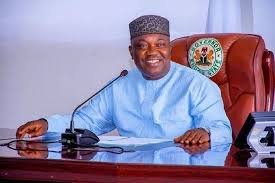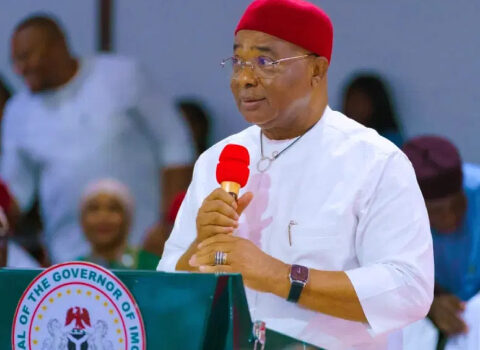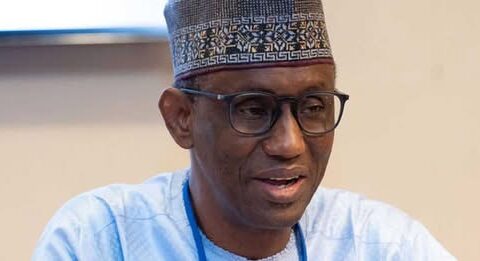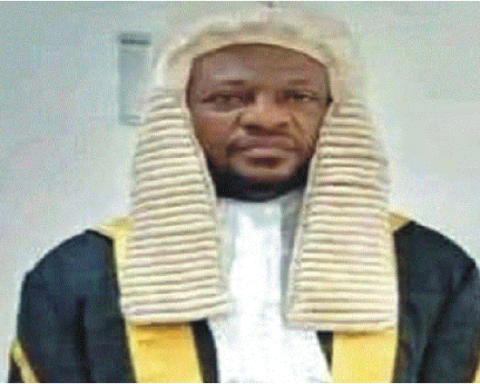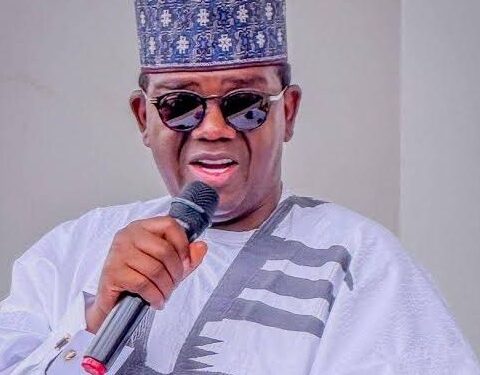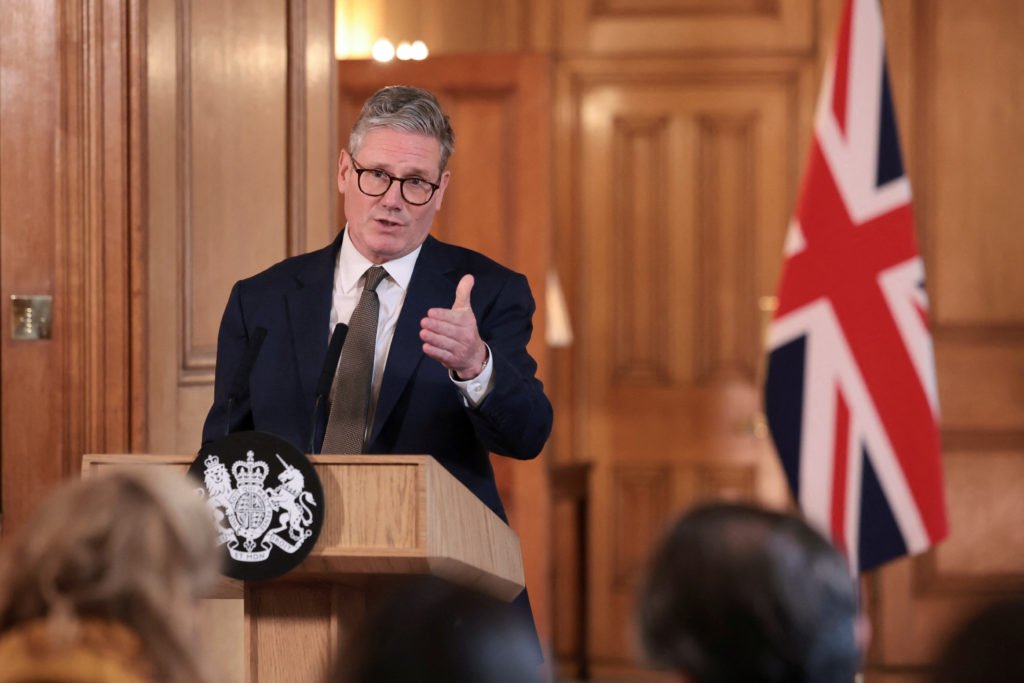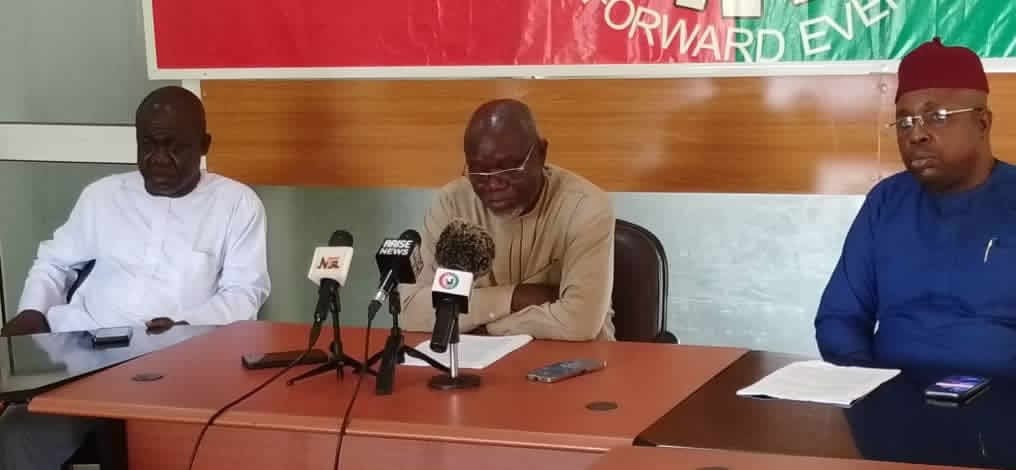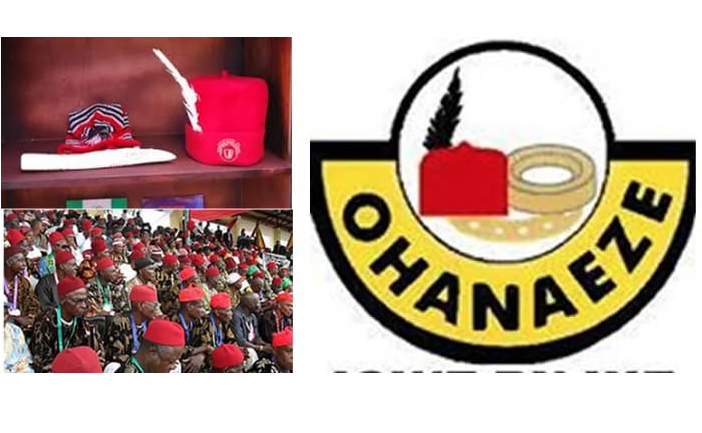By Chibuike Onyema
Orba, Enugu North Senatorial Zone; I have no reservations in calling Ifeanyi Ugwuanyi what he truly is: a failure.
His tenure as governor did not elevate the Enugu North Senatorial Zone.
It brought embarrassment instead of pride.
There is no widespread admiration for him across Enugu State.
Is he revered in Enugu East, where the popular refrain “Onwero mgbe ike Nsukka ga akari ike Nkanu” was sung, openly mocking the Nsukka bloc even while he was still in office?
That expression alone reflects entrenched disdain.
What about Enugu West?
How many influential voices from that region publicly stand by him?
In Enugu metropolis, public frustration escalated to the point where sachets of water were thrown at him in Ogbete.
These are not isolated incidents.
They reflect deep disillusionment.
During his administration, Ugwuanyi borrowed over ₦100 billion.
The Debt Management Office (DMO) statistics from his tenure were dismal.
Yet there is no legacy infrastructure or transformative development to justify such massive borrowing.
The question remains: what exactly did he do with the funds?
Even Peter Mbah, his political successor and beneficiary, subtly distanced himself during the 2023 campaigns.
He adopted the slogan “Don’t use vex to vote in incompetence.”
That was not just campaign rhetoric.
It was a clear indictment of Ugwuanyi’s administration.
His government failed to rise above the mediocrity that has long plagued leadership in the state.
What legacy will Ugwuanyi be remembered for in the Nsukka zone?
Are we to celebrate World Bank-assisted RAMP projects to which he merely contributed counterpart funding?
Was it his eloquence or intellectual depth?
Was it his relevance in national politics or contribution to national development?
None of these hold under honest scrutiny.
Both Sullivan Chime and Chimaroke Nnamani, his predecessors, publicly disavowed his leadership.
Chime described his administration as “rudderless.”
Nnamani, whom Ugwuanyi once idolized, derided him as a “wobbling fatso.”
Ugwuanyi had no formidable political opposition.
He faced no major legislative obstructions or political crises.
Yet he failed to articulate a compelling vision or leave behind a tangible legacy.
His appointment of a Deputy Chief of Staff from Nsukka amounted to a hollow gesture.
He repeatedly sidelined his people and empowered individuals who showed little concern for Nsukka’s welfare.
He denied Nsukka the position of Head of Service.
He handed over the leadership of PPSMB to a principal from Udi at the end of his tenure.
During Chime’s administration, Nsukka indigenes were removed from the Ministry of Education.
Even when a Nsukka man was appointed commissioner for education, he faced significant challenges due to the dominance of Agbaja elements.
Official records show that Ugwuanyi gave the least political consideration to his own people.
Key strategic meetings were often held without any Nsukka representation.
While sons and daughters of Nsukka were assigned to traffic control duties under harsh conditions, an Ngwo man was appointed to oversee Enugu Capital Territory.
His so-called special advisers from Nsukka had no real offices or influence.
By the time 2023 approached, Nsukka’s political relevance had significantly declined.
Who held real power in Ugwuanyi’s administration?
It was certainly not an Nsukka son.
He distributed electoral tickets generously to other zones while Nsukka indigenes were relegated to menial roles and sycophancy.
Chimaroke Nnamani made no apologies for prioritizing Nkanu interests.
Sullivan Chime equally favored his Udi and Agbaja roots, and their appointments reflected that loyalty.
Ugwuanyi, on the other hand, systematically eroded the standing of the Nsukka people in Enugu politics.
His appointments were clear declarations that his allegiance was to the Ebeano clique and not to his constituents.
Today, Nsukka finds itself in a more fragile political and economic position than it was in 2015.
If Ugwuanyi believes he is still admired in Enugu, he should walk through the streets and observe whether he is met with applause or derision.
Ugwuanyi’s time in office stands as a textbook example of what leadership should not be.
True leadership is not about social theatrics or populism.
It is about delivering enduring development.
The people of Udi can point to Sullivan Chime’s legacy as a testament to their political sagacity.
In Nsukka, Ugwuanyi serves only as a cautionary tale.
He could not even secure a Vice Chancellorship for his zone.
Since leaving office, his only notable public engagements have been alongside the G5 group.
He has made no meaningful contributions to governance or national discourse.
A true statesman returns to his people with honor.
Ugwuanyi returned with a shattered reputation.
He assumed office bearing the hopes of his people but exited with their trust in ruins.
If he had truly performed well, his legacy would speak for itself.
Instead, even his successor has acknowledged that the state must be repaired.
That is a direct admission that damage was done.
Ugwuanyi failed not only Nsukka.
He failed Enugu State.
Today, we are regarded with suspicion, branded as political liabilities and opportunists.
He left our image tarnished and our political capital depleted.
The cost of being Nsukka in Enugu has never been heavier.
Our land is wounded.
Our political soul is broken.
Healing must begin with the truth.
We are in a state of political illness.
Only by confronting that truth can we begin the process of recovery.
Follow us on all social media platforms @dailyquery for news and analyses around the globe.
